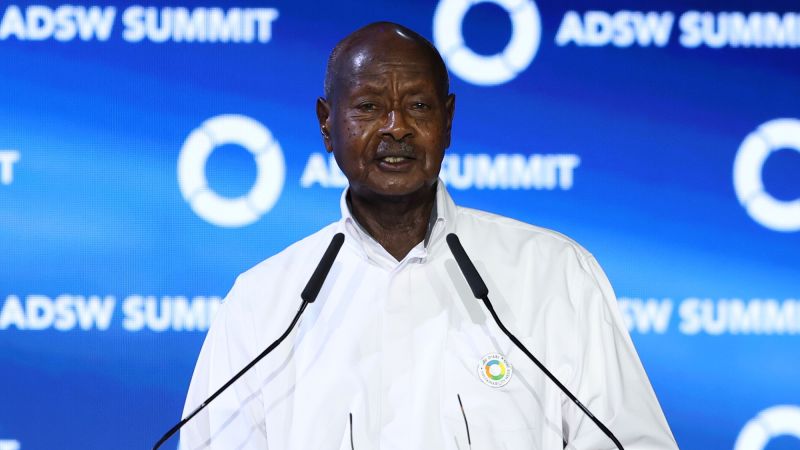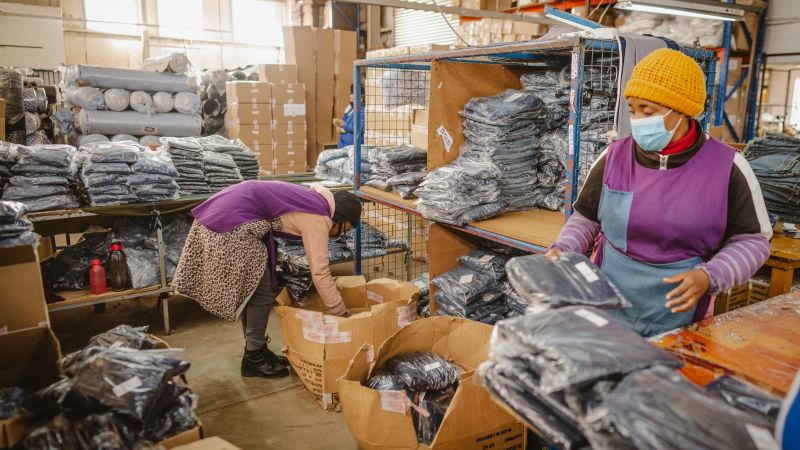
Uganda's Decision to Resettle Rejected Migrants Sparks Debate
Politics | 8/28/2025
Uganda, Africa’s largest refugee-hosting country, is under scrutiny following its acceptance of the United States’ proposal to resettle migrants rejected by the US administration. The decision has ignited a wave of criticism within Uganda, a nation already accommodating the most substantial refugee population in Africa.
The move to accept rejected migrants from the United States has raised concerns among various stakeholders within Uganda’s borders. While some view this decision as a humanitarian gesture that aligns with Uganda’s historical commitment to refugee protection, others argue that it could strain already limited resources and infrastructure designated for refugees in the country.
A government official, speaking on condition of anonymity, stated, “Uganda has a long-standing tradition of welcoming refugees, but this decision has sparked a contentious debate among policymakers and citizens alike.” The official emphasized the need for a comprehensive assessment of the potential implications of the US migrant deal on Uganda’s existing refugee support systems.
Conversely, proponents of the agreement assert that it signifies solidarity with vulnerable individuals seeking refuge, aligning with Uganda’s history of providing sanctuary to those fleeing conflict and persecution. However, critics caution that the influx of additional migrants could exacerbate challenges related to housing, healthcare, and education within the country’s refugee settlements.
As Uganda grapples with the complexities of balancing its humanitarian commitments with the practical realities of hosting a significant refugee population, the decision to accept rejected migrants from the United States continues to spark debate and scrutiny both domestically and internationally. The implications of this move on Uganda’s refugee landscape remain a focal point of discussion among policymakers and advocacy groups seeking to ensure the protection and well-being of all individuals seeking refuge within the country.


